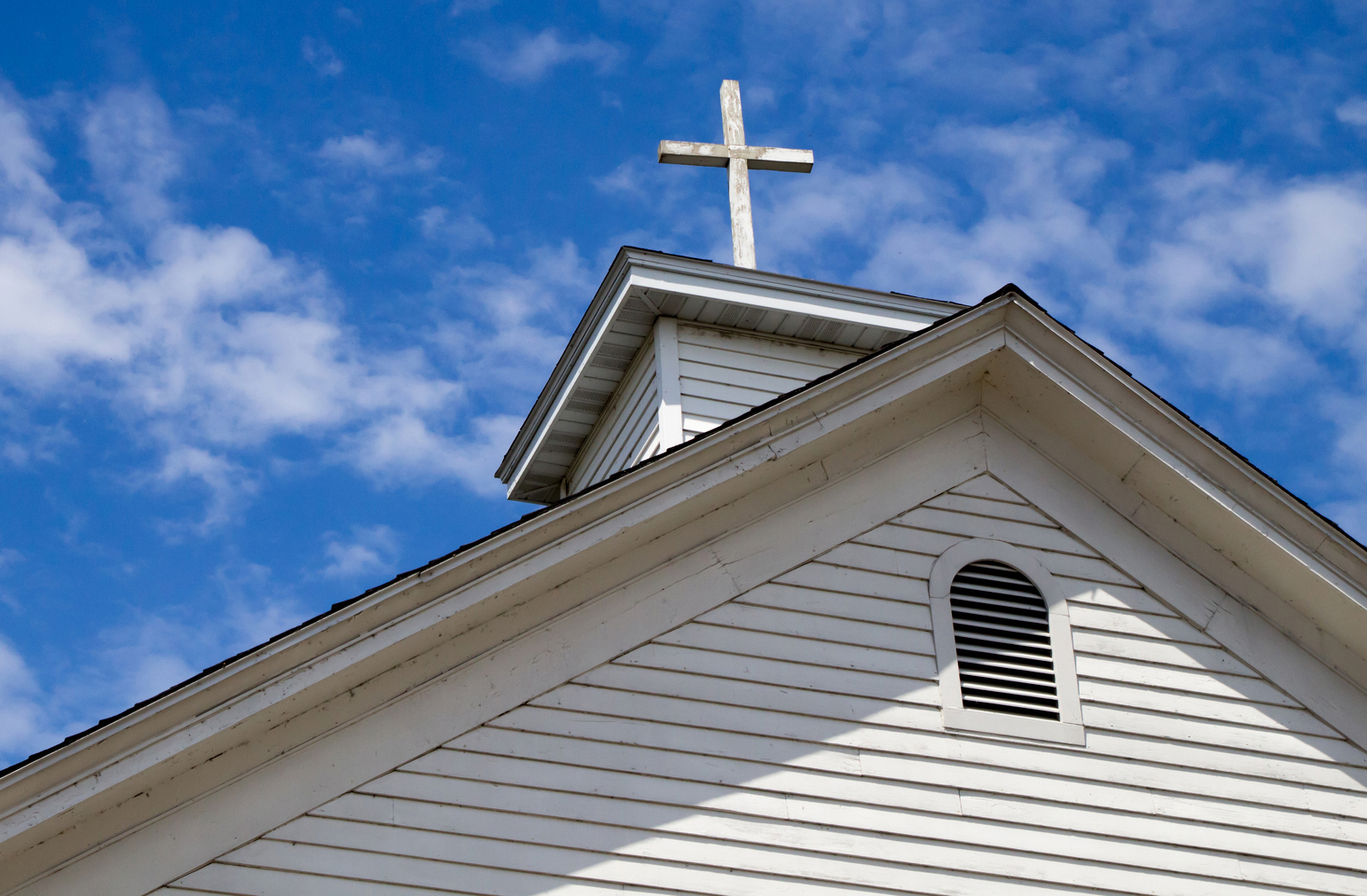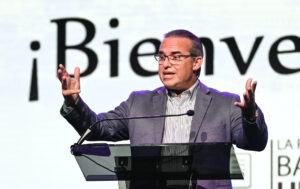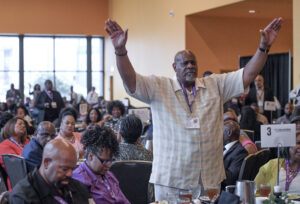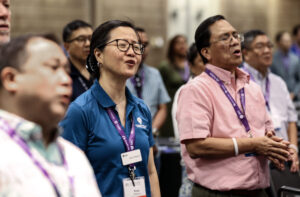
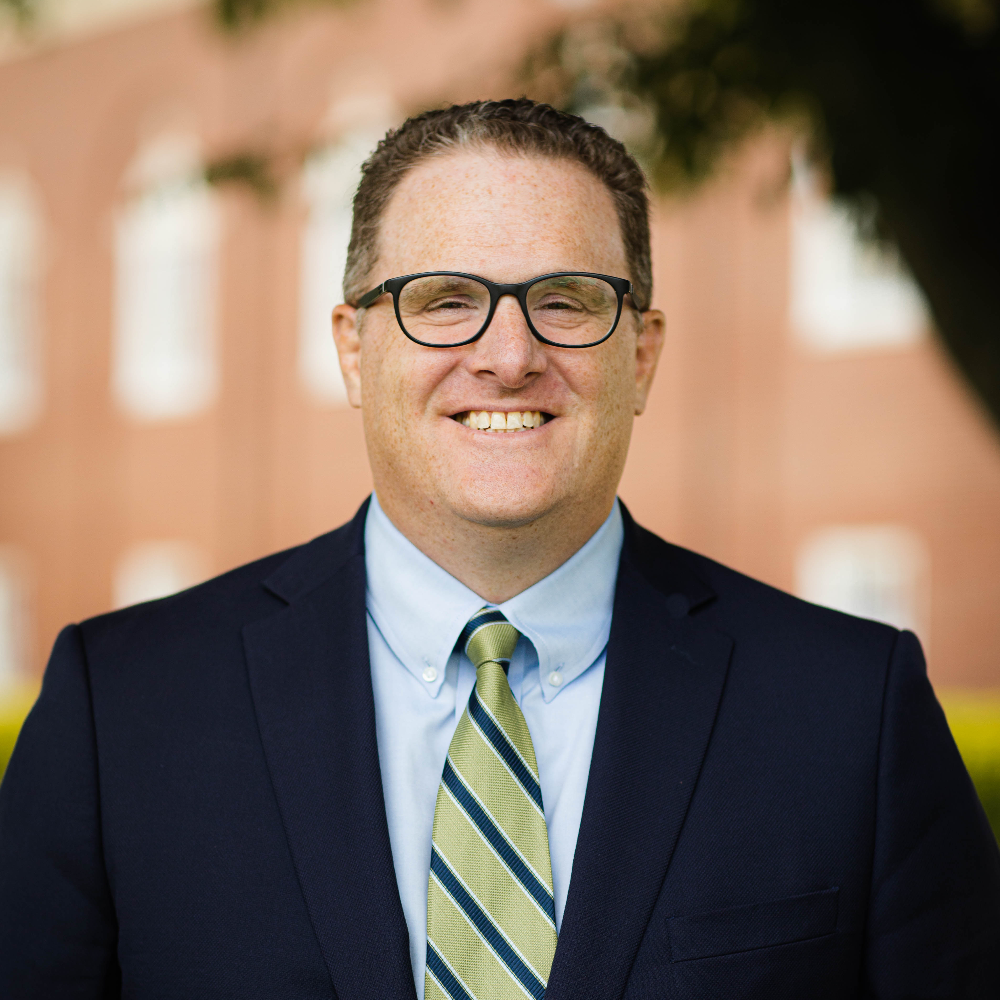
As Southern Baptists look toward the annual meeting in Indianapolis next year, we all know that there are at least two major decisions ahead of us. The first relates to the second vote on the “Law amendment,” which passed overwhelmingly in New Orleans but requires a second vote in Indy. The second relates to the forthcoming report from the Cooperation Group that will be considering changes to the SBC’s governing documents. These aren’t separate issues but two facets of the same issue — how the Baptist Fatih & Message (BF&M) regulates our cooperation as Southern Baptists, particularly as it relates to women serving as pastors.
I have done my best to listen to brothers and sisters on all sides of the issue, and I have discovered no little bit of misunderstanding among some about the precise issues in dispute. Southern Baptist aren’t debating whether women may serve in church staff ministry positions. Of course they can and do, and I can’t think of any Southern Baptist who would say otherwise. Nor are Southern Baptists debating whether women should teach mixed-gendered Sunday School classes. That’s an interesting question that has been the subject of perennial debate, but it’s not something addressed by the BF&M and certainly not something requiring official action by the SBC. Nor is this debate about how to define complementarianism. The BF&M is our doctrinal statement, and it doesn’t even mention the term complementarianism.
Rather, the debate we are facing centers on two things: (1) whether the BF&M allows for women to be pastors, and (2) whether the BF&M should be the basis for friendly cooperation within the SBC. We can discern at least two different points of view on these questions among Southern Baptists.
There are some who argue that the BF&M allows for women to be pastors and that the BF&M does not constitute a basis for friendly cooperation. On this view, churches may call female pastors and may disagree with the BF&M on any given point and still be deemed to be in friendly cooperation with the SBC.
On the other side are those who believe that the BF&M clearly does not allow women to serve as pastors and that churches in friendly cooperation should not openly defy the BF&M. On this view, calling women to serve as pastors and defying the SBC’s statement of faith are not consistent with friendly cooperation.
How are we to reconcile these two different points of view within the SBC? That is the question that the Cooperation Group is trying to answer right now as I type these words. We should pray for them and their deliberations. But we should also begin thinking about the way forward ourselves. The temptation will be to try and split the difference. However, I don’t see a stable “middle way” between the two sides, although some have suggested that there is one. For example, some wish to rewrite the SBC’s governing documents so that women can serve as associate pastors but not senior pastors and so that cooperating churches might only have to adhere to part of the BF&M and not the whole BF&M.
This “middle way” option is only a mirage and not actually a middle way. Here’s why:
(1) If the SBC says that the Bible allows women to serve as associate pastors, then on what basis would we say that they can’t serve as senior pastors? The Bible doesn’t make a distinction between associate and senior pastor. It just speaks of the office of pastor/elder/overseer. If you conclude that the Bible allows the one, then there would be no biblical basis for disallowing the other. If you say that your associate pastors don’t have to “manage their own households well” or be “the husband of one wife” (1 Timothy 3:2, 4), then on what basis would you require such a thing of senior pastors? If the “middle way” allows for associate pastors to ignore the male-only qualification, what other biblical qualifications may be set aside among our cooperating churches? Either the qualifications for pastor apply to all pastors, or they don’t apply at all. That is the inevitable conclusion. So this particular “middle way” is no middle way after all. It would simply mean that cooperating churches can ignore the biblical qualifications for pastors, and I don’t think that Southern Baptists ultimately will view that as a solution.
(2) If the SBC changes its governing documents so that churches need only closely identify with parts of the BF&M, then those parts would become the de facto doctrinal statement of the SBC. Churches that only need identify with parts of a BF&M are likely not going to tolerate mission agencies and seminaries that exclude their partial adherence to the BF&M. Eventually, the partial-affirming churches will demand that the entities become partial-affirming as well. That is how the de facto partial-affirming confession would eventually replace the BF&M.
The logic of the “middle way” position inevitably leads to affirmation of female pastors and to churches no longer having to closely identify with the BF&M. Southern Baptists ought not to embrace such a trajectory under the banner of adopting a “middle way.” Such a “middle way” will lead to a place that Southern Baptists do not wish to go.
We are deciding right now who we are going to be as cooperating churches. Our debate really does come down to whether or not we believe the Bible allows for churches to call women as pastors and whether cooperating churches ought to be able to defy the BF&M. That is the bottom line, and I’m praying that Southern Baptists see that and choose wisely when we get to Indianapolis.
